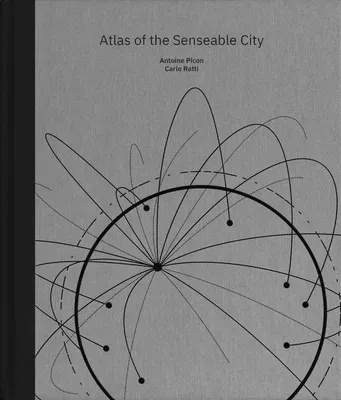A fascinating exploration of how the growth of digital mapping,
spurred by sensing technologies, is affecting cities and daily lives
What have smart technologies taught us about cities? What lessons can we
learn from today's urbanites to make better places to live? Antoine
Picon and Carlo Ratti argue that the answers are in the maps we make.
For centuries, we have relied on maps to navigate the enormity of the
city. Now, as the physical world combines with the digital world, we
need a new generation of maps to navigate the city of tomorrow.
Pervasive sensors allow anyone to visualize cities in entirely new
ways--ebbs and flows of pollution, traffic, and internet connectivity.
This book explores how the growth of digital mapping, spurred by sensing
technologies, is affecting cities and daily lives. It examines how new
cartographic possibilities aid urban planners, technicians, politicians,
and administrators; how digitally mapped cities could reveal ways to
make cities smarter and more efficient; how monitoring urbanites has
political and social repercussions; and how the proliferation of
open-source maps and collaborative platforms can aid activists and
vulnerable populations. With its beautiful, accessible presentation of
cutting-edge research, this book makes it easy for readers to understand
the stakes of the new information age--and appreciate the timeless power
of the city.

